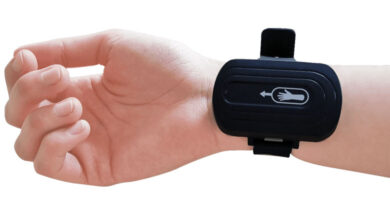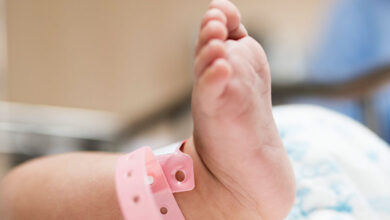New approach to predict who will develop diabetes
According to the study, published in the journal Nature Medicine, the new approach moves a step closer to routine testing for newborns which could avoid life threatening complications.

New York : Researchers, including one of Indian origin, have come up with a new method to predict which babies will develop type 1 diabetes.
According to the study, published in the journal Nature Medicine, the new approach moves a step closer to routine testing for newborns which could avoid life threatening complications.
“We know that while genetics have a strong correlation as a risk factor for family members to develop T1D, most newly diagnosed individuals do not have a known family history,” said study researcher Sanjoy Dutta from the JDRF, a US-based NGO.
Scientists at seven international sites followed 7,798 children at a high risk of developing type 1 diabetes from birth, over nine years for ‘The Environmental Determinants of Diabetes in the Young’ (TEDDY) study.
In the study, the research team used the TEDDY data to develop a method of combining multiple factors that could influence whether a child is likely to develop type 1 diabetes. The combined risk score approach incorporates genetics, clinical factors such as the family history of diabetes, and their count of islet autoantibodies — the biomarkers are known to be implicated in type 1 diabetes.
The research team found that the new combined approach dramatically improved prediction of which children would develop type 1 diabetes, potentially allowing better diabetes risk counselling of families.
Most importantly, the new approach doubled the efficiency of programmes to screen newborns to prevent the potentially deadly condition of ketoacidosis, a consequence of type 1 diabetes in which insulin deficiency causes the blood to become too acidic.
Identifying which children are at the highest risk will also benefit clinical trials on drugs that are showing promise in preventing the condition, the researchers said.
“At the moment, 40 per cent of children who are diagnosed with type 1 diabetes have the severe complication of ketoacidosis,” said study researcher Lauric Ferrat from the University of Exeter in the UK.
“For the very young this is life threatening, resulting in long intensive hospitalisation and in some cases even paralysis or death,” Ferrat added.
Using the new combined approach to identify which babies will develop diabetes can prevent these tragedies, and ensure children are on the right treatment pathway earlier in life, meaning better health.
Researchers believe that the combined approach can also be rolled out to predict the onset of other diseases with a strong genetic component that is identifiable in childhood, such as celiac disease.















